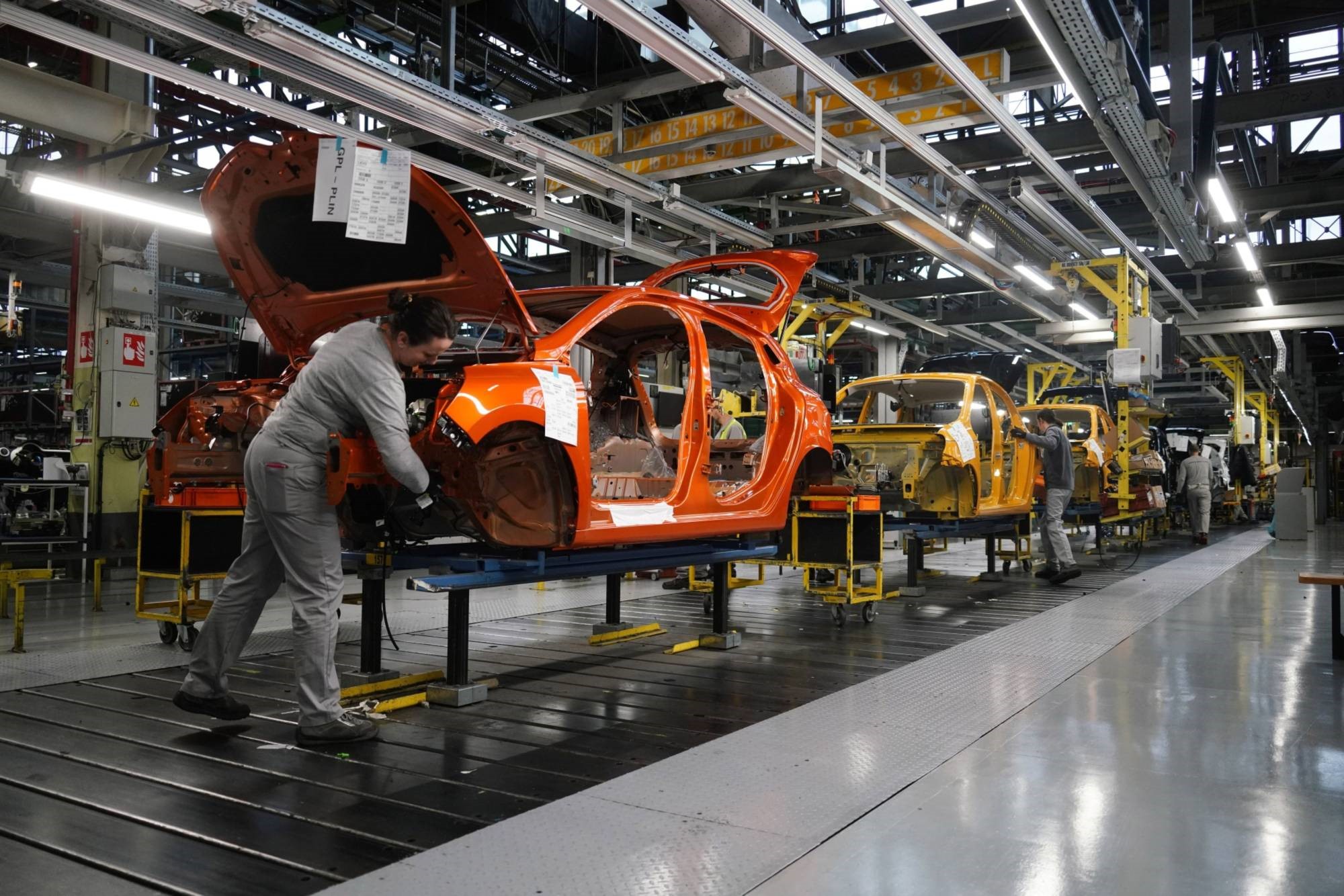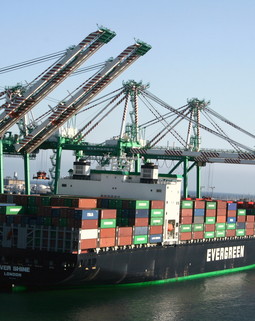Lesotho's manufacturing sector plays a crucial role in the country's economic development. Over the years, it has grown to become one of the most significant contributors to the nation’s GDP, providing employment opportunities and driving industrialization. This growth is supported by various factors, including favorable government policies, strategic location, and trade agreements that position Lesotho as an attractive destination for investors.
The Role of Textiles in Manufacturing
Historically, the textile and apparel industry has been the cornerstone of Lesotho’s manufacturing sector. This industry has thrived due to the African Growth and Opportunity Act (AGOA), which allows duty-free access to the U.S. market. As a result, Lesotho has become one of the largest exporters of garments to the United States from sub-Saharan Africa. The textile sector not only generates substantial foreign exchange but also employs a significant portion of the population, particularly women.
However, the industry faces challenges such as competition from other low-cost countries and the need to diversify into higher-value products. To maintain its competitive edge, Lesotho is focusing on improving production efficiency and quality, as well as exploring new markets beyond the United States.
Diversification and Expansion Beyond Textiles
In recent years, Lesotho has made efforts to diversify its manufacturing base beyond textiles. The government has been encouraging investment in sectors such as agro-processing, electronics, and automotive components. These industries are seen as vital for reducing the country’s dependence on textiles and ensuring sustainable economic growth.
Agro-processing, in particular, has significant potential due to Lesotho's agricultural resources. Investments in food processing and packaging are increasing, aimed at both local consumption and export markets. Additionally, the electronics and automotive components sectors are emerging areas of growth, attracting foreign direct investment (FDI) due to Lesotho’s strategic location near South Africa’s industrial hubs.
Government Support and Investment Incentives
The Lesotho government has been instrumental in promoting the manufacturing sector through various incentives and support mechanisms. The Lesotho National Development Corporation (LNDC) plays a key role in attracting investment by offering benefits such as tax holidays, duty-free importation of capital goods, and assistance with land acquisition for industrial purposes. These incentives are designed to make Lesotho a competitive location for manufacturing, particularly for export-oriented industries.
Moreover, the government has been working to improve infrastructure, including transportation networks, power supply, and water systems, to support industrial activities. The focus on infrastructure development is critical for reducing operational costs and improving the efficiency of manufacturing processes in the country.
Challenges and Future Outlook
Despite the positive developments, Lesotho’s manufacturing sector faces challenges that could hinder its growth. These include the need for continuous infrastructure improvement, the development of a skilled workforce, and competition from other emerging markets. Addressing these challenges will require ongoing collaboration between the government, private sector, and international partners.
Looking forward, Lesotho’s manufacturing sector has the potential to become even more diversified and robust. By continuing to attract investment and expanding into new industries, Lesotho can build a more resilient economy less dependent on any single sector. The focus on enhancing productivity, quality, and market diversification will be crucial in sustaining the growth of the manufacturing industry.
Conclusion
Lesotho’s manufacturing sector remains a vital pillar of the country's economy, contributing to job creation, export earnings, and industrial development. With continued government support, investment in infrastructure, and diversification efforts, Lesotho is well-positioned to strengthen its manufacturing base and achieve sustainable economic growth.





